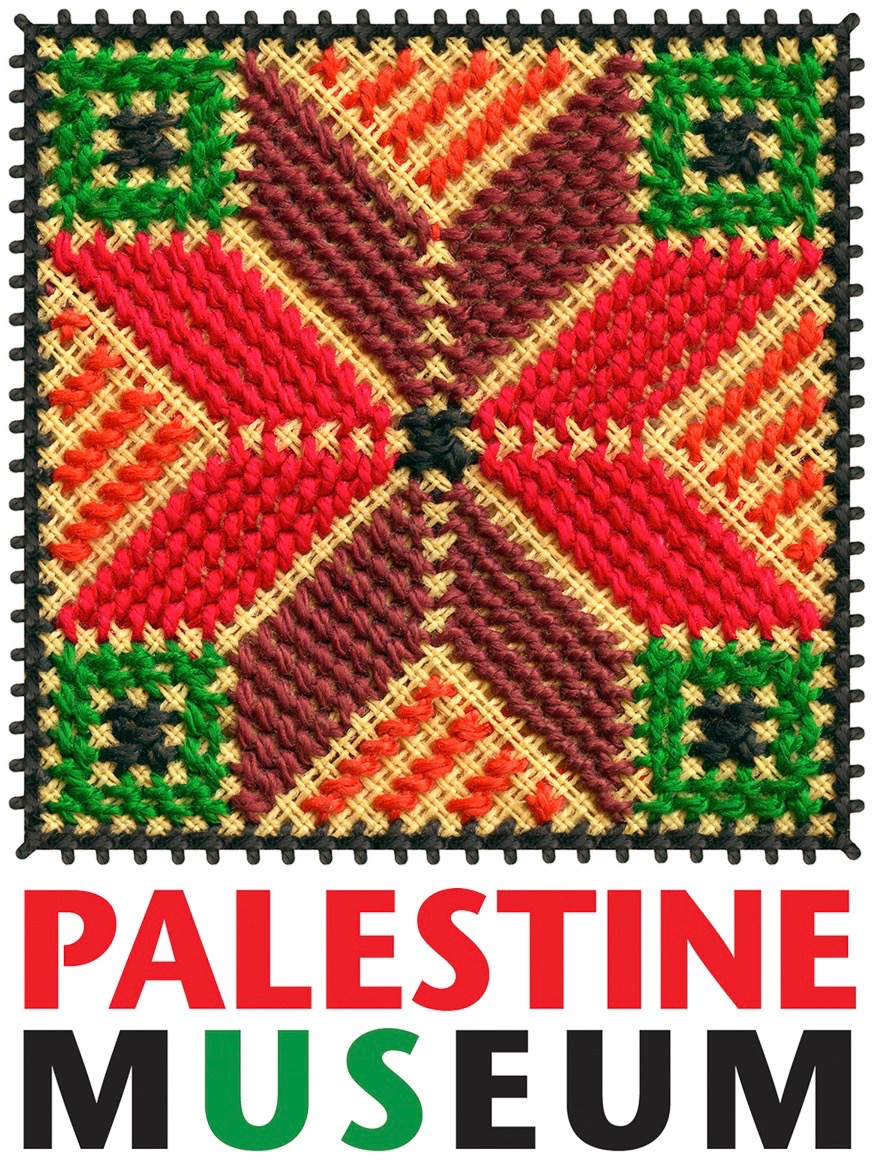Screening will start at 12:00 Noon US EST; 18:00 Europe; 19:00 Palestine, run time,46 minutes, English language. The film screening will be followed by Q&A discussion with film the audience.
Please click here to watch the film trailer.
Please click here to register for this event.
About the Film
A film which has been produced by a group of Australian journalists has sparked an international outcry against Israel after it explicitly detailed Israel’s use of torture against Palestinian children.
The film, titled ‘Stone Cold Justice’ documents how Palestinian children, who have been arrested and detained by Israeli forces, are subjected to physical abuse, torture and forced into false confessions and pushed into gathering intelligence on Palestinian activists. Australia's foreign minister Julie Bishop has spoken out against Israeli's use of torture stating that “I am deeply concerned by allegations of the mistreatment of Palestinian children,” Israel's Foreign Ministry spokesman Yigal Palmor has described the human rights abuses documented in the film as “intolerable”. But rights groups have slammed this statement, saying that the Israelis are doing nothing to change Tel Aviv's policy to torture Palestinian children. Last year a report by the United Nations International Emergency Children's Fund or UNICEF concluded that Palestinian children are often targeted in night arrests and raids of their homes, threatened with death and subjected to physical violence, solitary confinement and sexual assault. The film Stone Cold Justice has sparked an international outcry about Israel's treatment of children in Israeli jails. However, rights groups have criticized Tel Aviv for not doing anything to create a policy that protects Palestinian children against arbitrary arrest and torture.;
“The sound of the chains clanking, clanking. Even now it still rings in my ears", a mother says bitterly after attending the trial of her son. Like many other children he shuffled in chains through proceedings taking only 60 seconds, on a conveyor belt of military justice with a conviction rate of 99.74%. Last year UNICEF released a scathing report on the justice system, finding that "children have been threatened with death, physical violence, solitary confinement and sexual assault".
In some cases the army came for the children in the middle of the night, before taking them to unknown locations to be questioned. A mother of one of the boys describes the scene. "I was asking, 'What do you want with him?'. They said, 'Shut up woman.' And then they started hitting him and pulling him out of bed."
"I've never broken into houses in Jerusalem and torn apart apartments, but in Hebron where I served 14 months 24/7 that's what we did to make our presence felt", says ex-soldier and co-founder of 'Breaking the Silence' group Yehuda Shaul, explaining the huge difference in treatment that the Palestinians in the West Bank receive compared to Israelis, and the tactics used to create a culture of fear.
It's a claim that's dismissed out of hand by Israel's Ministry of Foreign Affairs. "A policy to create fear? There is no such thing. The only policy is to maintain law and order, that's all. If there's no violence, there's no law enforcement." But there is clear evidence of two legal systems operating, one for Israeli children and one for young Palestinians. Israeli settlers in the West Bank regularly attack Palestinian school children, knowing the authorities will not intervene.
Amongst Palestinians the mental battering Israel is dishing out is having a dramatic, debilitating effect. "I feel scared. I want to leave and go to Amman", says a five-year-old boy who was arrested. It's an impossible situation that may provide temporary security for Israel, but in the long term may well breed a new generation of Palestinians prepared to do anything to gain retribution.



